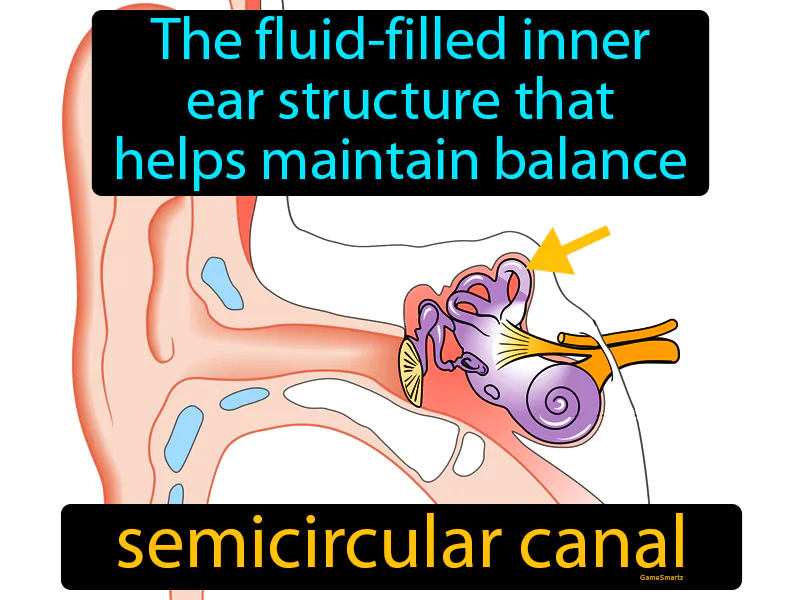Stress, Resiliency, and Relaxation

This pandemic has had a profound effect on all of us. We have to rethink everything we do. A quick run to the grocery store now involves hand wipes, masks, hypervigilance around other people, and a drawn-out decontamination routine when we get home. We vacillate between gratitude and worry, feeling that everything will be okay and worrying how we will ever get back to normal again. Please be assured that you are not alone. The human experience has more commonalities than we think. And although we may be impacted in different ways, we can certainly appreciate now more than ever that what affects one of us affects all of us.
So now I have a question: how are you coping? What are you doing to balance out your worry and concerns? How do you typically manage stress, and are those methods working effectively for you now? I want to emphasize the importance of choosing healthy, positive ways to mitigate and reduce your stress level.
There are many ways to lessen stress and reduce the harmful effects that it can have on our bodies and minds. A good place to start is with relaxation exercises that can be done at any time of the day. One technique is diaphragmatic breathing or “deep belly” breathing: slowly breathe into your belly and then slowly breathe out. Progressive muscle relaxation is another nice way to systematically relax all of the muscles in your body. Pick a body part to start with, such as your face, and tighten up the muscles there. Then allow the muscles to completely relax and feel the tension melt away while slowly breathing in and out. Next, move to another body region, such as your right shoulder, and repeat the process of tightening and relaxing the muscles there. Keep moving around your body until you have allowed each body region to tighten and completely relax. Light stretching of your arms, shoulders, neck, and legs can also relieve tension as you breathe calmly and allow those muscles to relax.
Other aspects of a healthy lifestyle, such as exercising regularly, eating a lot of plants in your diet, and getting enough quality sleep (7-9 hours per night), also help to alleviate stress. Connecting with others—family, close friends, community members—has been shown over and over again to relieve stress and have very positive effects on physical and mental health. We are challenged right now to find new ways to connect with our loved ones, but phone calls, video calls, and virtual gatherings can keep us going and help us feel connected.
Practices such as gratitude journaling and making a physical list of the tasks that you know you can accomplish have also been shown to help reduce stress levels and improve feelings of happiness and control. We may have a lot of uncertainty and we may be in a more precarious situation than we are used to, but there is often something positive that we can focus on to get our minds into a different state. Take a minute to listen to birds outside, draw your attention to blooming flowers, watch or read something funny (laughter gives us a big rush of endorphins). Do something that makes you happy and makes you feel good, such as going for a walk, exercising, gardening, or listening to your favorite music.
I want to discourage relying on alcohol, cigarettes, or drugs to escape or calm yourself down. These will only put you into a state of disease and ill-health.
The way you think, feel, and respond to situations impacts every major system in the body. Please take a break from the news. It will be there tomorrow. Today, you can start taking steps to reduce stress levels, change how you think and feel, and build your resiliency to improve your health. We are stronger than we think, and we are not alone. Let’s stay healthy together.
References
Seligman MEP et al. Positive psychology progress: empirical validation of interventions. American Psychologist. 2005; 60(5): 410-421.
Written by Dr. Kim Richards, PT, DPT
Board-Certified Clinical Specialist in Orthopaedic Physical Therapy
Certified Applied Prevention and Health Promotion Therapist


















